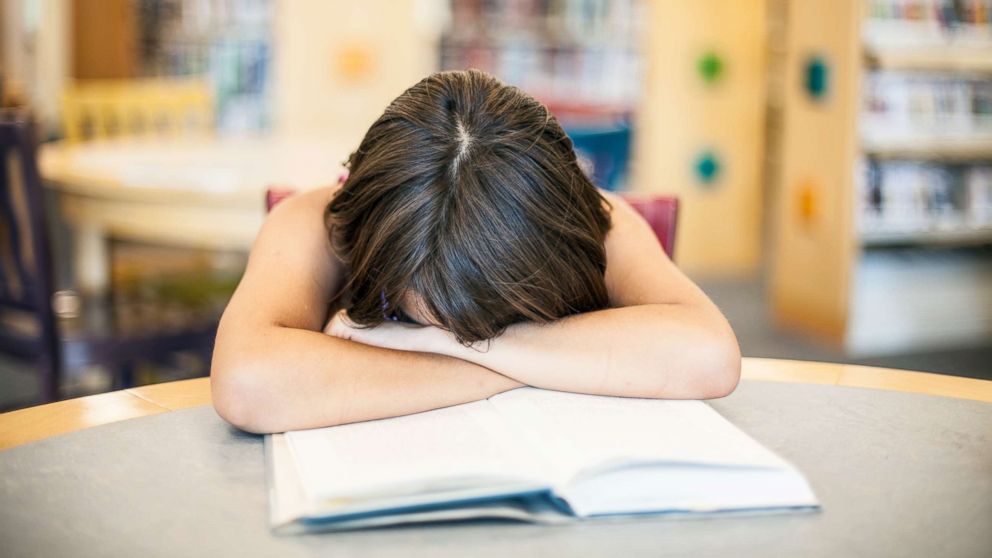More schools are starting classes later to let students sleep: Why good sleep is important
The Seattle school district joined dozens of school districts around the country in the fall of 2016 by delaying the start of school. Under the new rules, instead of beginning at 7:50 a.m., they began at 8:45 a.m.
This gave researchers at the University of Washington an opportunity to determine just how much teens need sleep. In a new study, they used activity monitors to study a group of high school sophomores before and after the changes were implemented and found that with later start times, students were not only getting an extra half-hour of sleep, their grades had improved by nearly 5 percentage points too.
Sleep is important for everyone, but even more so for teens, who are constantly losing sleep because of their busy schedules. Here’s why they need it even more:
Losing sleep puts teen health at risk and can lower their performance.
Studies have shown that teens who don’t get enough sleep are at increased risk of having a variety of health problems, including obesity, depression and even hypertension. Teens who lose sleep also risk poorer school performance and drowsy driving, which can increase their risk for car crashes that result in injuries or death.
A variety of factors keep teens awake.
There are many reasons for teens’ lack of sleep. Between extracurricular activities, school work, their social lives, new jobs, it seems there’s hardly any time for sleep.
Many teens are also often on their cell phones and electronics late into the night. Although their conversations with friends might keep them awake on their own, electronics have also been shown to emit blue light, which delays the time at which melatonin, the hormone that triggers sleepiness, is released.
Because of that, many phone manufacturers have started to include light settings on their phones so that they switch to red light after sundown — a color of light that does not suppress melatonin.
Still, even with these modifications, the American Academy of Pediatrics recommends enforcing a media curfew at home — a time when all electronics are turned off and removed from the bedroom.
Beyond electronics and responsibilities, puberty itself is known to change the biological clock of teens, shifting their sleep cycles to later in the night and making it harder for them to fall asleep early.
Napping can help teens who feel drowsy but it’s not a long-term solution.
Afternoon naps, sleeping in on weekends and drinking coffee can improve sleepiness in the short-term, but they shouldn’t be considered a substitute for getting the right amount of sleep on a regular basis, according to the American Academy of Pediatrics.
That’s because naps don’t actually restore optimal alertness in anyone. The Academy of Pediatrics recommends teens get between eight and 10 hours of sleep per night — a far cry from the average seven hours they actually get.
Getting a full night’s rest has been associated with improved attention, behavior, learning, memory and emotional regulation, according to the American Academy of Sleep Medicine.
Schools across the country are now recognizing the benefits of more sleep for their teens.
Organizations like the American Academy of Pediatrics and the National Sleep Foundation have advocated for later school start times for the past few years. Other school districts who have moved the start time have also seen the amount o, in turn,in teens go up.
For example, when Minneapolis high schools changed start times from 7:15 a.m. to 8:40 a.m., teens reported getting an extra hour of sleep, a study from the University of Minnesota found. This, in turn, led to improvements in attendance and reductions in the number of dropouts.
Dr. Edith Bracho-Sanchez is a board-certified pediatrician, a Stanford global health and journalism fellow and a member of the ABC News Medical Unit.




